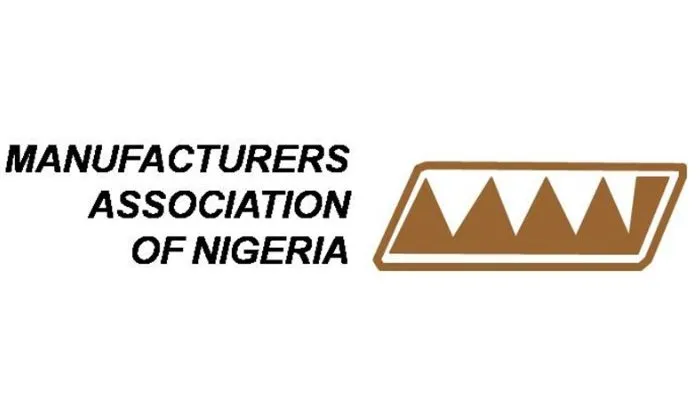The Manufacturers Association of Nigeria (MAN) has stated that the production of polypropylene by the Dangote Petroleum Refinery and Petrochemicals will revitalise Nigeria’s struggling textile industry and save the country $267 million in import costs.
The director-general of MAN, Segun Kadir-Ajayi stated this in an interview on the Channels Business Incorporated Programme.
Kadir-Ajayi highlighted the struggles of the textile industry, which was once thriving and employed over 25,000 workers aged between 18 and 40 in the northern region alone.
He explained that many companies have been forced to shut down due to the absence of local polypropylene production and the scarcity of foreign exchange required for imports.
He further stated that the production of polypropylene by Dangote Refinery and Petrochemicals will ensure that Nigeria, which currently imports 90 per cent of its annual polypropylene requirements (amounting to 250,000 metric tonnes), will now become a net exporter, generating foreign exchange to strengthen the economy.
“For us in the manufacturing sector, this is a welcome development. It more than covers the 250,000 metric tons that constitute our national demand, which has been severely lacking. You can imagine the sectors it will impact: the textile industry, the plastic industry, and the furniture industry.
“We are looking at an amount in the region of $267 million being saved. This is the amount spent every year in scarce dollars to import these materials. It is a welcome development for manufacturers, as it will incentivise investment in the sector,” he said.
Kadir-Ajayi lamented how the collapse of the textile industry led to widespread unemployment and stated that with the local production of polypropylene, manufacturers will no longer need to rely on imported polypropylene, adding this will help reduce their costs and improve efficiency.
“We have seen the global trend of the textile industry relying on the petrochemical industry. So, you can imagine what boost this is going to bring to the sector.
“And that it is now available locally and does not require that we continue to look for foreign exchange to be able to meet our demands. It is encouraging news for manufacturers,” he said.
He urged the federal government and other stakeholders to support the local production of polypropylene through incentives, stating that this would attract more investment into the sector and increase manufacturing’s contribution to GDP.
He added that this would significantly aid the government’s goal of achieving a $1 trillion economy.
“If the economy is going to save $267 million in imports at a time when the current government is striving to create a $1 trillion economy, this is a significant saving, especially considering the scarcity and inadequacy of foreign exchange supply,” he added.
He stated that polypropylene production, with its far-reaching impact, will extend beyond the Dangote Refinery & Petrochemicals, resulting in significant job creation, increased tax revenue for the government, higher investment in the sector, foreign exchange earnings, and supporting the manufacturing sector in making a substantial contribution to the country’s GDP, among other benefits.
Dangote’s $2 billion Petrochemical Plant in Ibeju-Lekki, Lagos, is designed to produce 77 grades of polypropylene. With a capacity of 900,000 metric tonnes per year and a turnover of $1.2 billion, it aims to meet the growing demand in plastic processing industries both in Africa and globally. The plant is expected to boost investment in downstream industries, create jobs, increase tax revenues, reduce foreign exchange outflow, and contribute to the country’s GDP growth.





